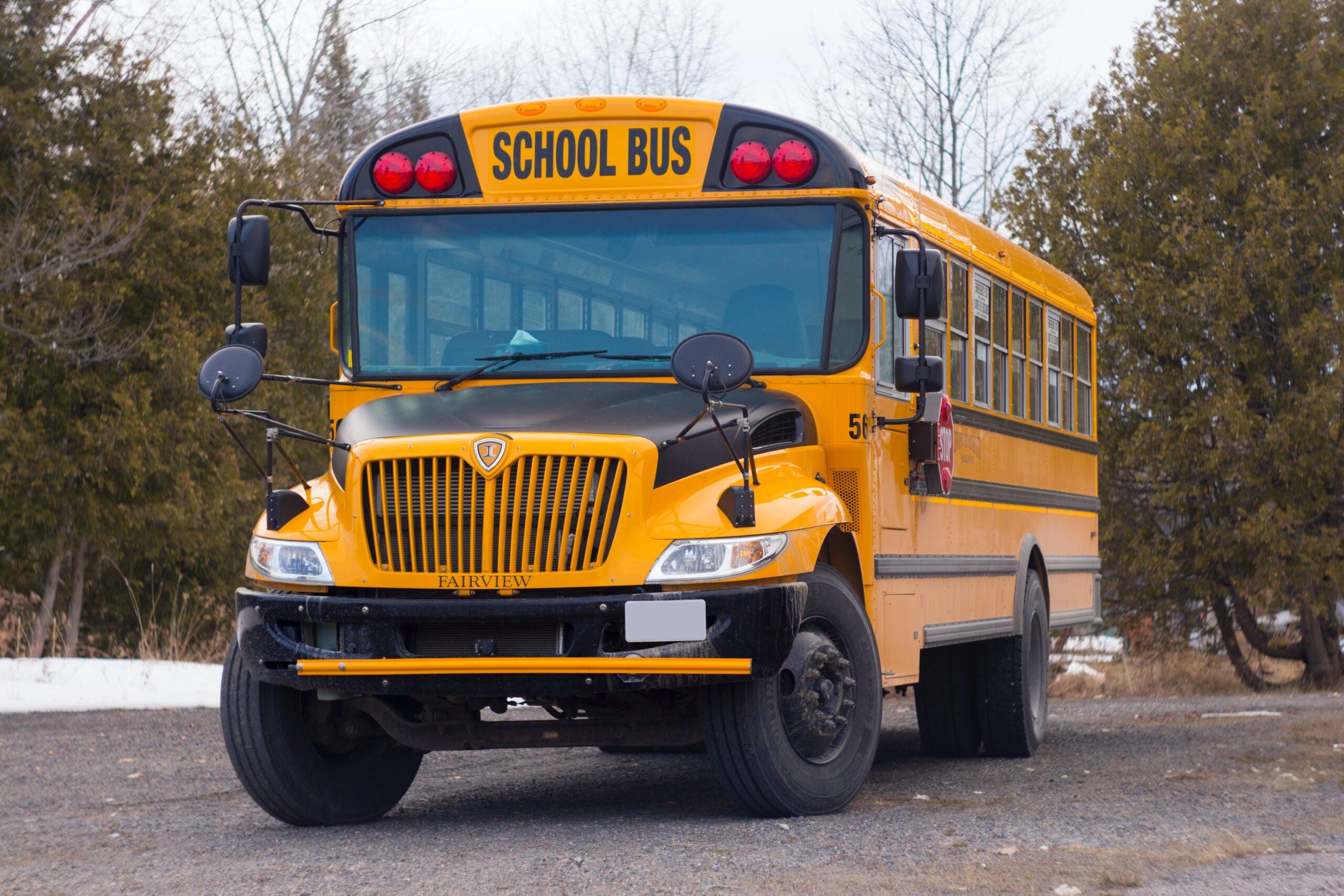New York City Mayor Adams and Schools Chancellor David Banks have revealed their contingency strategies on Monday in response to the looming threat of a strike by approximately half of the city’s school bus drivers and attendants as schools prepare to reopen in just over a week.
Ongoing negotiations are being held between city-contracted bus companies and the Amalgamated Transit Union Local 1181, which earlier this summer voted to authorize a strike if a satisfactory deal isn’t reached. This could affect over 80,000 students.
City officials have outlined fallback measures in the event students cannot access school buses. These include provisions for emergency MetroCards, reimbursements for alternative modes of transportation, and in certain cases, complimentary rideshare services.
“Ensuring the continuity of our students’ education is our foremost priority,” stated Mayor Adams. “We have a comprehensive plan in place to ensure that even if a strike occurs, parents will be able to transport their children to school with minimal disruptions.”
He emphasized that working families in NYC should not have to worry about getting their children to school daily and affirmed the administration’s commitment to uninterrupted education.
Mayor Adams urged all parties involved to continue negotiations until an agreement is reached.
The potential strike could impact around 4,400 routes across all five boroughs, disproportionately affecting specific student groups, according to the city’s analysis.
Approximately 25,000 students on these routes are enrolled in special education programs. Additionally, families without a permanent address, including many migrant children, also qualify for busing despite age restrictions.
David Banks noted, “It’s important to recognize that this labor dispute could significantly impact some of our most vulnerable students and their families.”
Banks expressed hope for constructive negotiations, drawing parallels to successful interactions with other union partners in the past.
Tomas Fret, President of the Amalgamated Transit Union, highlighted the longstanding shortage of school bus workers and their financial struggles. He stated that the union’s responsibility is to secure a contract that adequately supports its members and their families.
Under the city’s proposed plans, affected families will receive Emergency MetroCards, valid on MTA buses and subways during specified hours. Some families will be eligible for reimbursements for alternatives like taxis or personal vehicles. Others will have access to rideshare services, though concerns have been raised about the feasibility for working families.
The city aims to alleviate these concerns by allowing parents to use rideshare services for their commute to work and back home in the afternoon.
While details about which families fall into these groups are not immediately clear, it has been confirmed that asylum seekers will be included.
Advocates have expressed reservations about the plans, citing potential complications in the reimbursement process and a lack of familiarity with rideshare options. An online petition by Parents to Improve School Transportation (PIST) emphasized the importance of recognizing the dedication of bus staff and their role in transporting children safely.
In addition to addressing these concerns, advocates have suggested a one-time allocation to schools for families unable to afford transportation and an increase in MTA bus service frequency.
Banks concluded by stating, “Our focus is on resolving this before the school year starts to ensure all students receive the education they deserve. We remain hopeful for a fair resolution that supports workers and the city.”
Meanwhile, preparations are underway for the various alternative transportation services that will be offered if a strike is called, with the goal of keeping families informed.
(YWN World Headquarters – NYC)











